
The protection of critical infrastructure against terrorism emerged in all its relevance following the 11 September 2001 attacks in the US. Since then, jurisdictions around the world, including the EU, have been increasingly looking at how best physically to protect its critical infrastructure, including critical energy infrastructure.
In the last decade, a new dimension of security of critical infrastructure emerged, in terms of their protection from cyberattacks. This new dimension somewhat overshadowed the more traditional dimension of physical security, which was brought back to the forefront of the EU concerns by some recent attacks, especially of underwater energy infrastructure – on the Nord Stream 2 pipeline on 26 September 2022 and on the Baltic connector on 8 October 2023.
Against this background, this FSR Debate will aim at assessing the current challenges related to the physical protection of critical energy infrastructure and how such protection can be enhanced.
The protection of critical infrastructure against terrorism emerged in all its relevance following the 11 September 2001 attacks in the US. Following such events, the European Union started to consider how best to protect its critical infrastructure. Already in 2004, the Commission adopted a Communication on Critical Infrastructure Protection in the Fight against Terrorism[1], in which it put forward suggestions on what would enhance European prevention, preparedness and response to terrorist attacks involving Critical Infrastructures. In 2006, the European Commission released a further Communication[2] in which it set out a proposal for the principles, processes and instruments to implement a European Programme for Critical Infrastructure Protection (EPCIP), to be supplemented where relevant by sector specific Communications setting out the Commission’s approach concerning particular critical infrastructure sectors.
In 2008, the Council established a procedure for the identification and designation of European critical infrastructures (ECIs) and a common approach to the assessment of the need to improve their protection[3]. A critical infrastructure was defined as “an asset, system or part thereof located in Member States which is essential for the maintenance of vital societal functions, health, safety, security, economic or social well-being of people, and the disruption or destruction of which would have a significant impact in a Member State as a result of the failure to maintain those functions”[4].
Since then, a new dimension of security of critical infrastructure emerged, in terms of their protection from cyberattacks. This new dimension somewhat overshadowed the more traditional dimension of physical security, which was brought back to the forefront of the EU concerns by some recent attacks, especially of underwater energy infrastructure – on the NordStream 2 pipeline on 26 September 2022 and on the BalticConnector on 8 October 2023.
Against this background, this FSRDebate will aim at assessing the current challenges related to the physical protection of critical energy infrastructure and how such protection can be enhanced.
Draft Programme
Introduction to the Debate and Opening Presentations
14.00 – 14.05 Introduction to the Debate
Alberto Pototschnig | Florence School of Regulation
14.05 – 14.15 The policy framework for the physical protection of critical energy infrastructure
Andris Piebalgs | Florence School of Regulation, EUI
14.15 – 14.35 Protecting energy infrastructure
Ricardo Passos Moreira de Sousa | Joint Research Centre, European Commission
Andrea Chittaro | Chairman Security Study Group, GIE
Panel Discussion: Introductory Remarks, Polls and Comments
Moderator: Ilaria Conti | Florence School of Regulation
14.35 – 14.50 Introductory remarks from the panellists
Ambassador Reka Szemerkenyi | Former Hungarian Ambassador Extraordinary and Plenipotentiary to the US
Andrei Belyi | Adjunct professor in Energy law and policy at the University of Eastern Finland and CEO of Balesene OU (energy consulting firm), Tallinn, Estonia
14.50 – 14.55 Polls
14.55 – 15.20 Comments on the polls outcome and Q&A from the audience
Panellists
15.20 – 15.30 Concluding remarks
Ilaria Conti | Florence School of Regulation
Alberto Pototschnig | Florence School of Regulation
[1] Communication from the Commission to the Council and the European Parliament – Critical Infrastructure Protection in the fight against terrorism, Brussels 20.20.2004, COM(2004) 702 final.
[2] Communication from the Commission on a European Programme for Critical Infrastructure Protection, Brussels 12.12.2006, COM(2006) 786 final
[3] Council Directive 2008/114/EC of 8 December 2008 on the identification and designation of European critical infrastructures and the assessment of the need to improve their protection
[4] Article XXX of Council Directive 2008/114/EC.
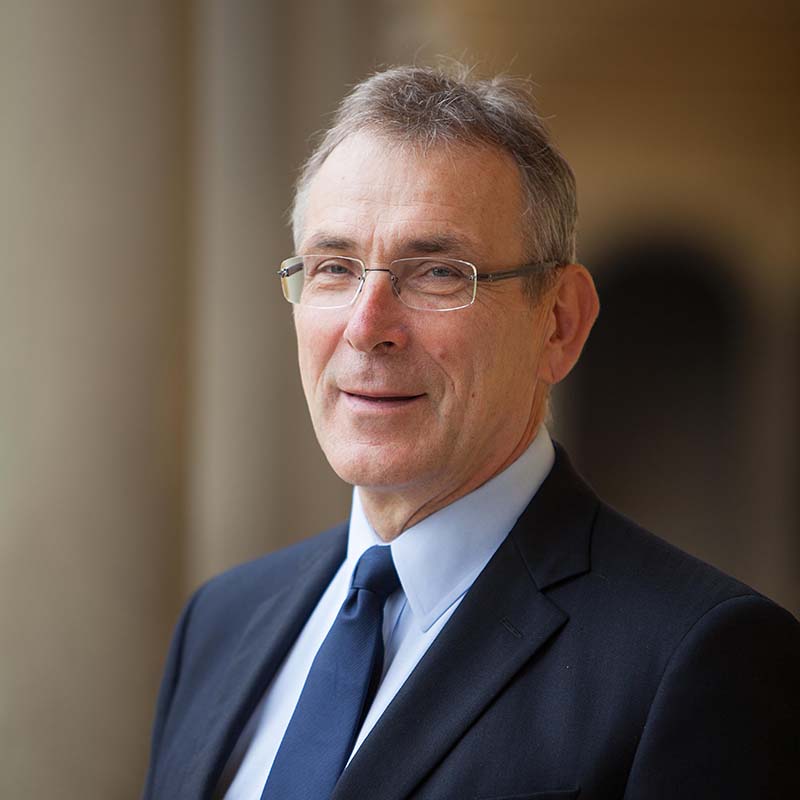
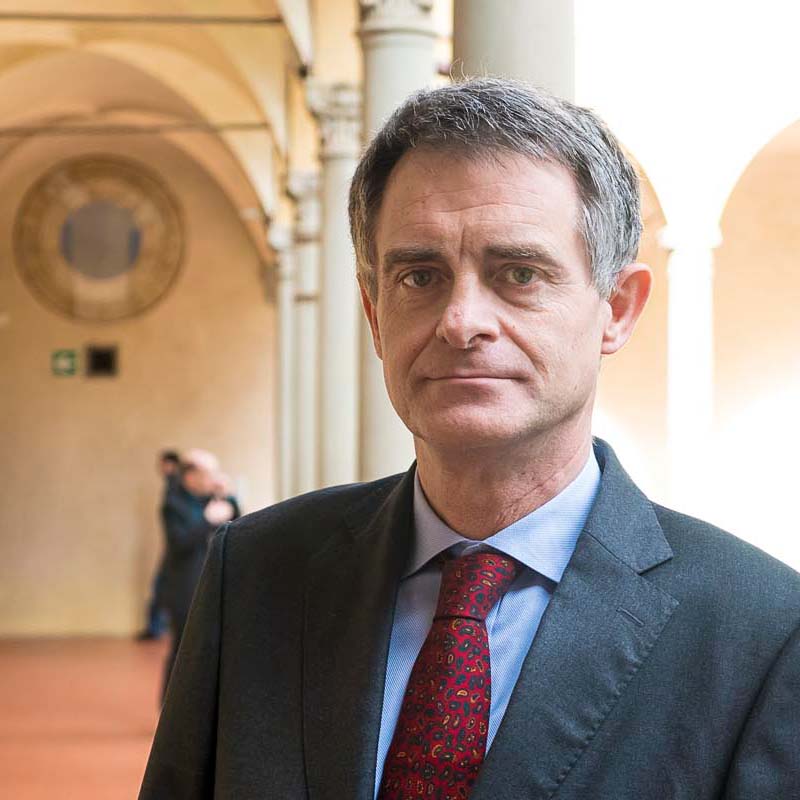
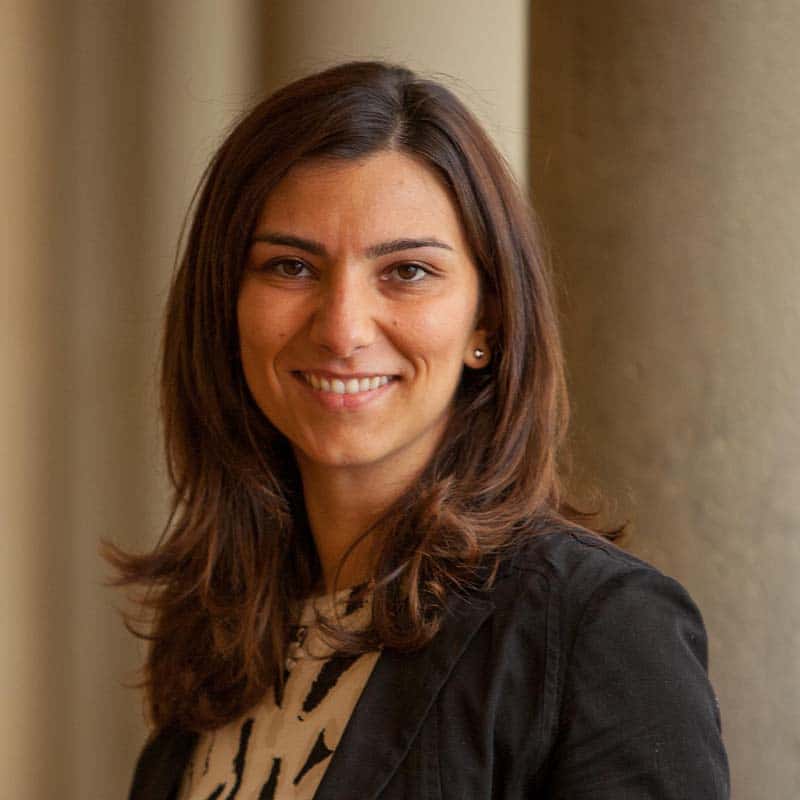
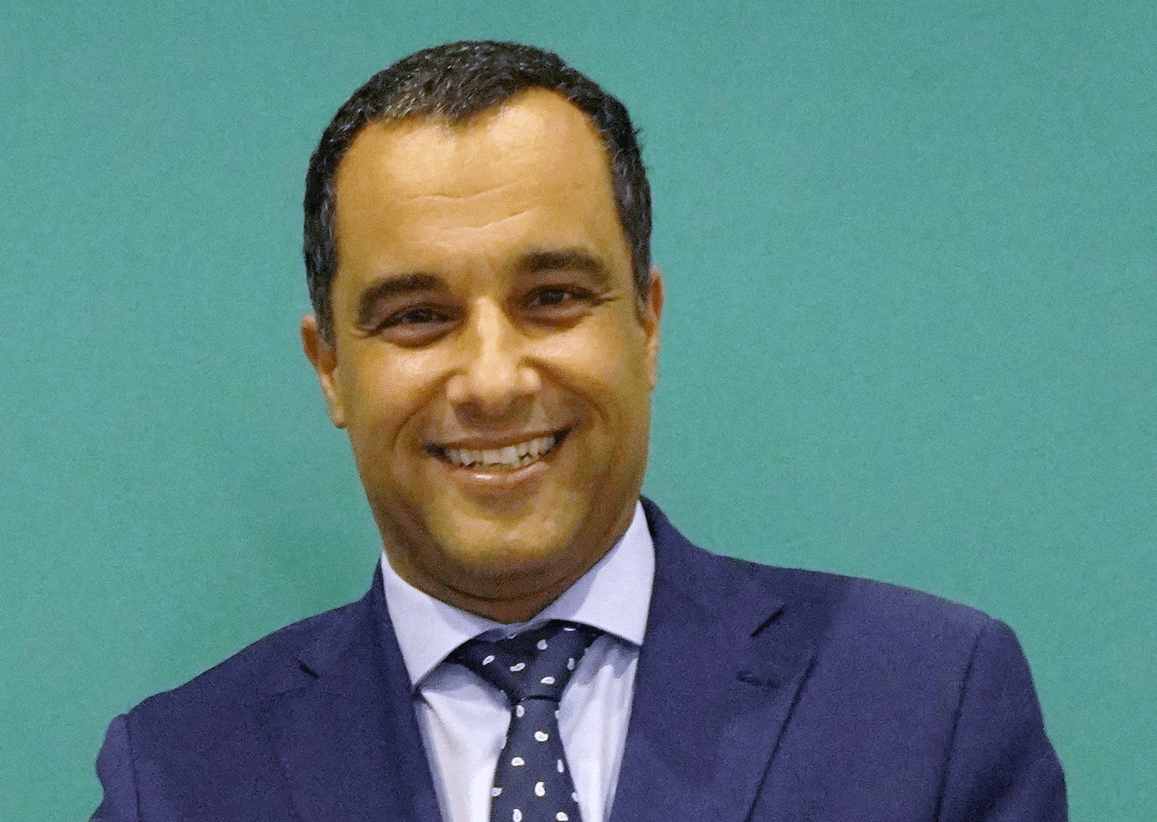
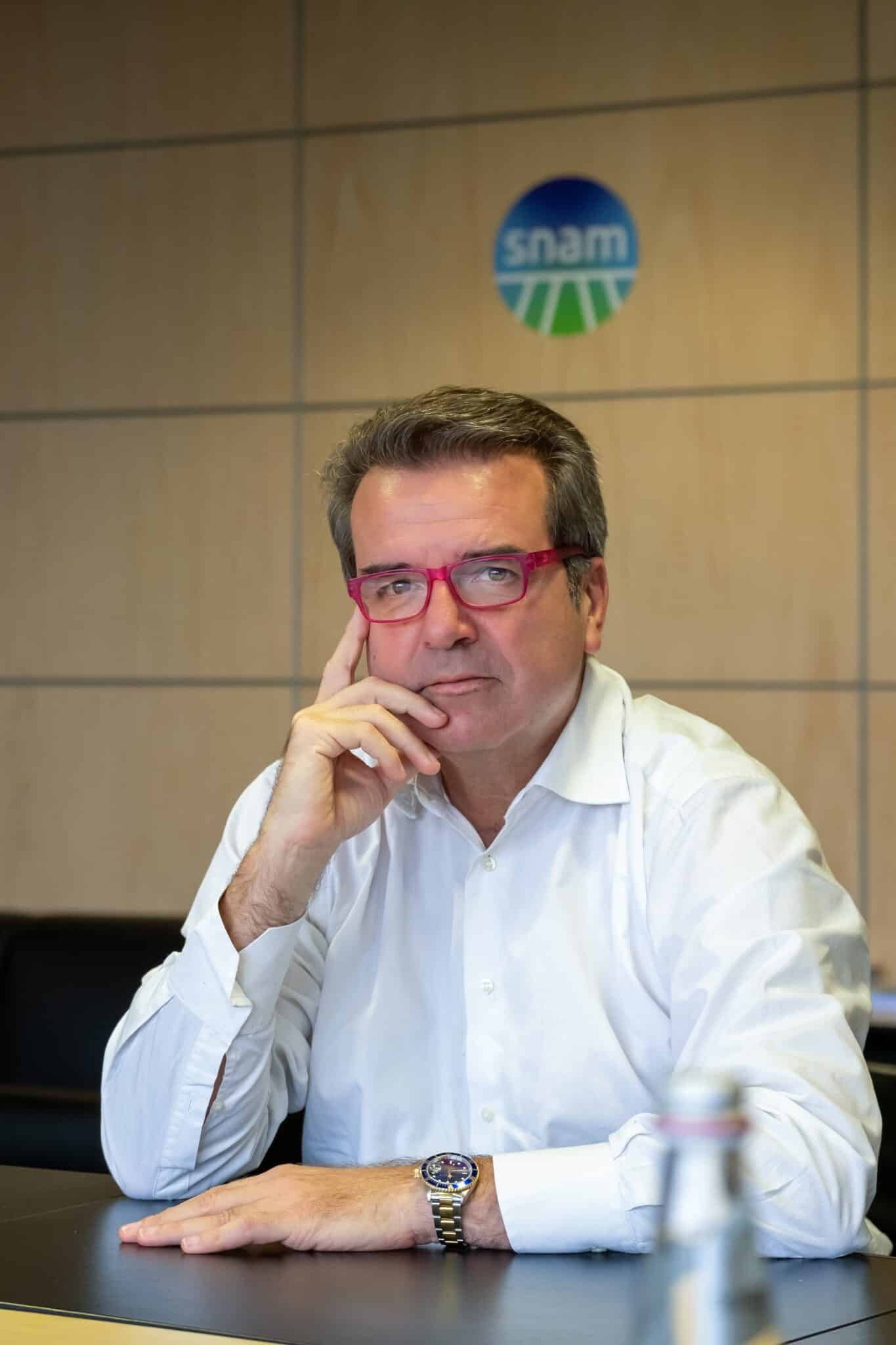


Securing Europe’s Energy Future: Join us for the first instalment of this quarterly theme in the FSR Insights series Sebastian…

Join us for the second instalment of the FSR Insights series’ quarterly theme “Securing Europe’s Energy Future” Kian Mintz-Woo from…
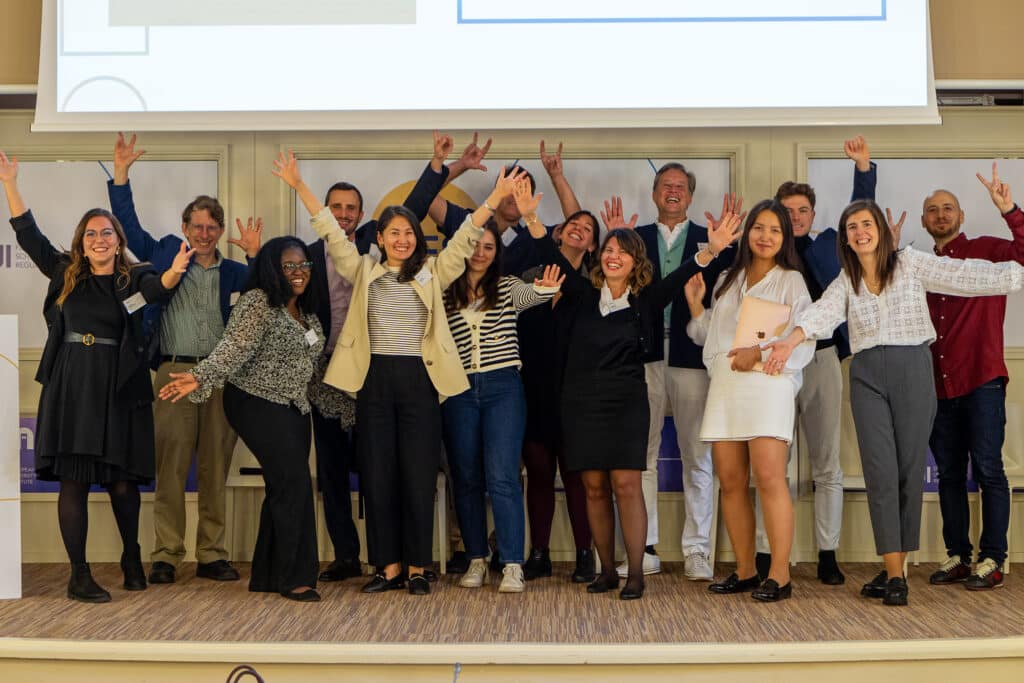
Following the success of the first edition, we are delighted to announce the 2nd FSR Alumni Day. This event will…
To meet, discuss and learn in the channel that suits you best.